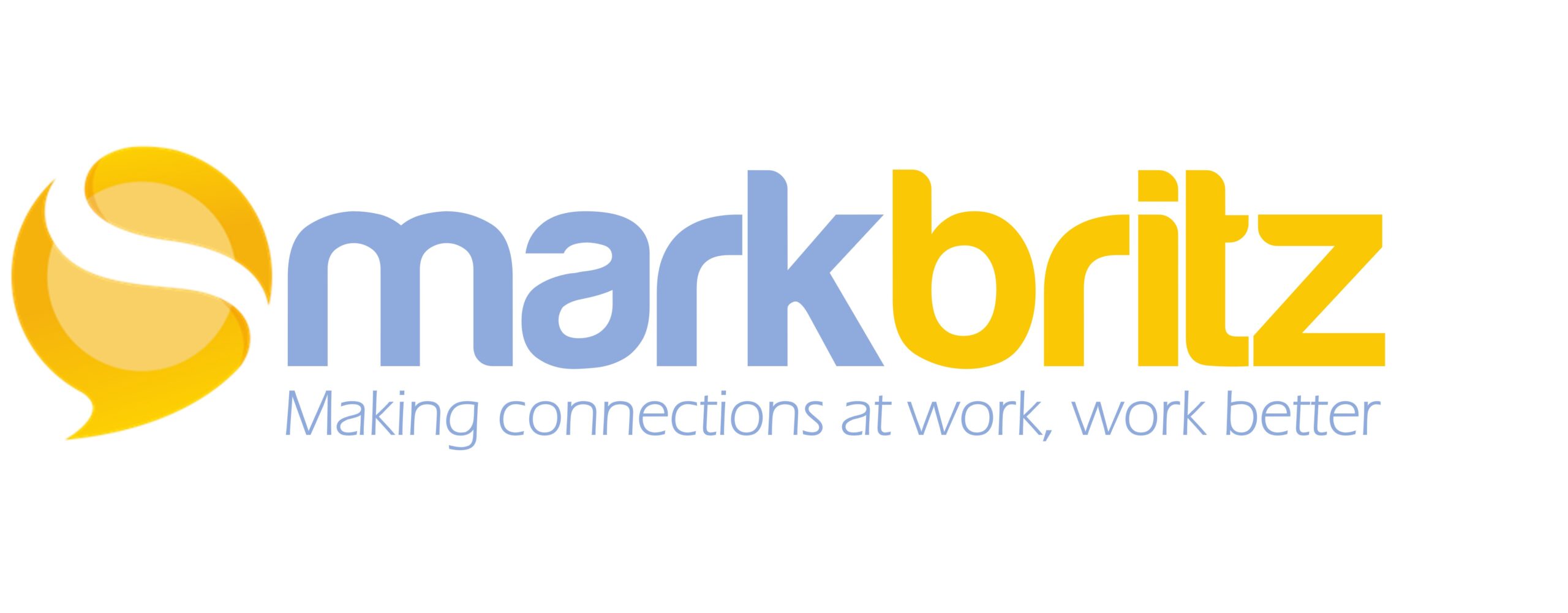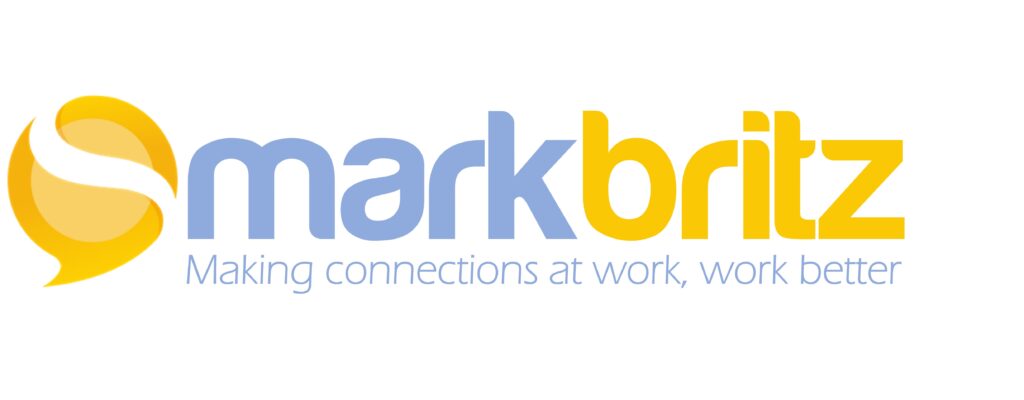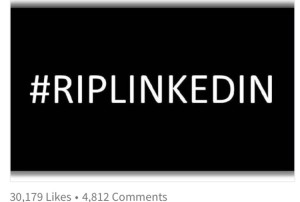Thousands of people recently commented (most agreeing) with a post on LinkedIn about how awful it was that posts on LinkedIn were no longer business related. Oh the irony.
They were upset that LinkedIn was being used like Facebook; status updates and photos of the non-work related type dominating their network updates. (Huh, maybe it’s just what Microsoft wanted though?)
Let’s step out of the social platform mindset for a moment and return to just being social, sans tools. In my experience, as yours, the majority of business setting conversations don’t have much to do with the business. The sports talk, the sarcastic joke, the quick verbal jab, the nod, the wink, the stories of children, parents and pets are not only accepted but expected. This informal conversation is the glue that holds together the formal pieces and this is where LinkedIn conversations are going. For some, LinkedIn has strayed from a place with a distinct purpose. This disturbs them and they will leave. But honestly the “rules” were never there, only expectation and expectations can certainly change faster than rules… and they did.
There is a lesson here for organizational leaders looking to adopt social technology, it is of course a lesson in expectation and rules. It is that social carves its own path. The conversation should not be controlled. Efforts to do so will certainly kill it. It’s movement, like that of water, is critical for survival. Healthy social is natural and unchanneled, for if the sharing and conversation were strictly business related and devoid of the elements that truly unite people, form trust, and build relationships, organizations would ultimately suffer in areas of innovation, creativity, and problem solving.
It’s important to note that people connect with people, not content and that all conversations in business is the conversation of business.


